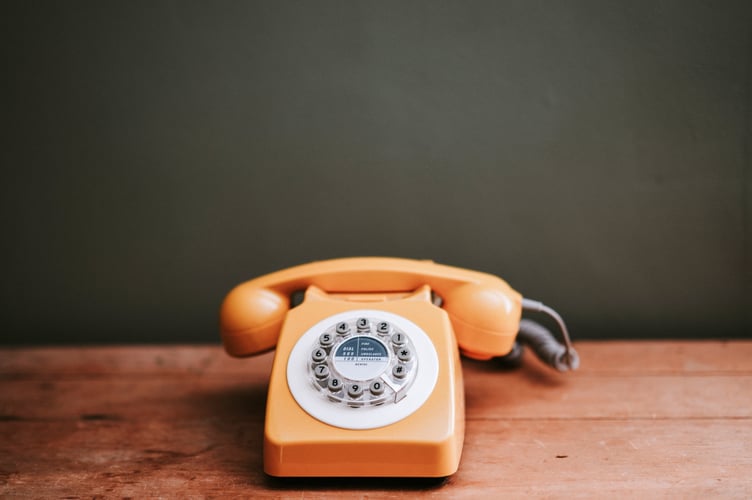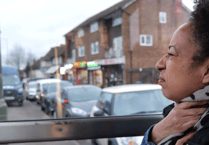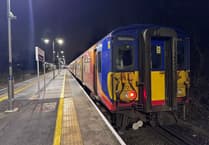Back in the summer I wrote in this column about how we need to be prepared for the switching off of the analogue telephone line. Since then, I’ve met a number of phone and broadband operators to talk about the switch and its implications for East Hampshire.
Last month, BT announced the changeover in the south east will be from spring next year.
The consumer organisation Which? describes the switch to digital telephony as “arguably the biggest social project since analogue television was retired” a decade ago. And yet, in my experience, a lot of people still don’t know about it.
That may in part be because it lacks a single pithy name. Variously you may hear about ‘VoIP’ (pronounced ‘voyp’, it stands for Voice over Internet Protocol), ‘IP voice’, BT’s brand-name ‘Digital Voice’, and other versions ‘Sky Voice’ or ‘TalkTalk Voice’.
In essence, this is a big technical upgrade.
BT stress “the landline isn’t going away” but that the infrastructure that runs it is being replaced, because the decades-old analogue technology is increasingly unreliable and ceasing to be supported by equipment manufacturers. Other countries, too, are making the switch.
The question is what, if anything, we need to know, and do.
In a nutshell, when the Public Switched Telephone Network (PSTN) line is finally switched off in 2025, current landlines will no longer work. Instead, we will make calls digitally using a broadband connection.
There shouldn’t be any break in service as operators will switch their customers over to the digital service well before the analogue landline is taken out of service. This could be something as simple as plugging your current landline handset into the back of your router.
So far, so good.
However, as is always the case, not everybody will fall into this straightforward category. There are also some circumstances unique to rural locations, such as ours, that make this switch that much more significant.
In simple terms, digital landlines need mains power. This is a change from the copper analogue line, which can operate without mains power as it is connected to the local exchange.
As we know in East Hants, when we get power cuts they can be fairly lengthy – sometimes hours, or even days during severe storms. Even during calmer weather, power outages are a not uncommon occurrence in some rural parts.
The regulator, Ofcom, has stated the industry needs to come up with a solution for those residents reliant on their landlines, either because they don’t own a mobile phone or there is no signal in their home, who could essentially be cut off in the event of a loss of power.
This solution could be a battery back-up unit for at least one hour of power.
I am pressing Ofcom to require a longer, better back-up than this. I have also been in direct contact with the phone companies to consider the unique needs of rural communities when devising their solutions. Vodafone has this week told us they are now looking at a longer battery back-up device for its customers. Virgin Media/O2 will provide a SIM card that can be put into a device so the 2G network can be used in the event of a power cut. So, progress is being made.
In terms of what happens next, BT will be hosting local roadshows to help explain the switchover process to residents. Virgin Media/O2 has already started its migration, as have Vodafone.
In parallel, mobile signal mast upgrades are happening to boost the 4G and 5G signal.
If you’re someone currently reliant on your home landline or you have a medical alarm attached to it, or you are a carer for a vulnerable individual, I’d urge you to contact your provider now to find out how they will support you through the transition.
While I do believe VOIP will bring many benefits – including clearer lines and making it easier to block spam callers and fraud – it is so important that those living in more remote areas maintain confidence in the dependability of their landline.
I will continue to press this case.





Comments
This article has no comments yet. Be the first to leave a comment.